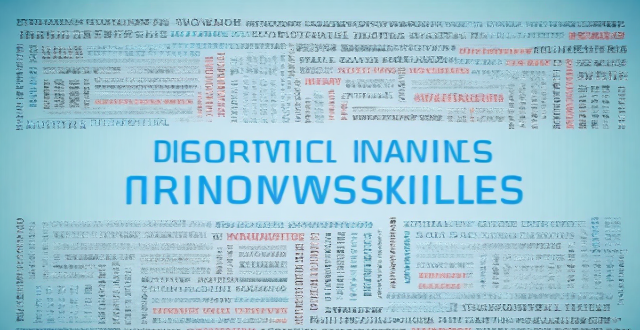This text discusses the importance of critical thinking skills in building a knowledge framework. It outlines four key aspects of critical thinking: identifying assumptions, evaluating evidence, analyzing arguments, and making informed decisions. By applying these skills, individuals can develop a nuanced understanding of complex issues and make well-reasoned decisions based on sound reasoning and evidence. The article emphasizes the crucial role of critical thinking in personal growth and success in various domains.

What Role Does Critical Thinking Play in Building a Knowledge Framework?
Introduction
Critical thinking is an essential skill that plays a crucial role in building a knowledge framework. It involves analyzing and evaluating information to form judgments and make decisions. In this article, we will discuss the importance of critical thinking in developing a knowledge framework and how it can help individuals make informed decisions.
Critical Thinking and Knowledge Framework
1. Identifying Assumptions
One of the key aspects of critical thinking is identifying assumptions. When building a knowledge framework, it is essential to understand the underlying assumptions that shape our understanding of the world. By recognizing these assumptions, we can challenge them and develop a more nuanced understanding of the issues at hand.
2. Evaluating Evidence
Another important aspect of critical thinking is evaluating evidence. In order to build a strong knowledge framework, it is crucial to assess the quality and reliability of the information we encounter. This involves examining sources, considering alternative perspectives, and weighing the strength of evidence before forming conclusions.
3. Analyzing Arguments
Critical thinking also involves analyzing arguments. When building a knowledge framework, it is important to evaluate the validity and soundness of arguments presented by different sources. This requires examining the structure of arguments, identifying logical fallacies, and considering counterarguments to arrive at well-reasoned conclusions.
4. Making Informed Decisions
Ultimately, critical thinking helps individuals make informed decisions by providing a solid foundation for their knowledge framework. By applying critical thinking skills, individuals can better understand complex issues, evaluate competing viewpoints, and make decisions based on sound reasoning and evidence.
Conclusion
In conclusion, critical thinking plays a vital role in building a knowledge framework. By identifying assumptions, evaluating evidence, analyzing arguments, and making informed decisions, individuals can develop a robust understanding of the world around them. As such, fostering critical thinking skills is essential for personal growth and success in various domains.